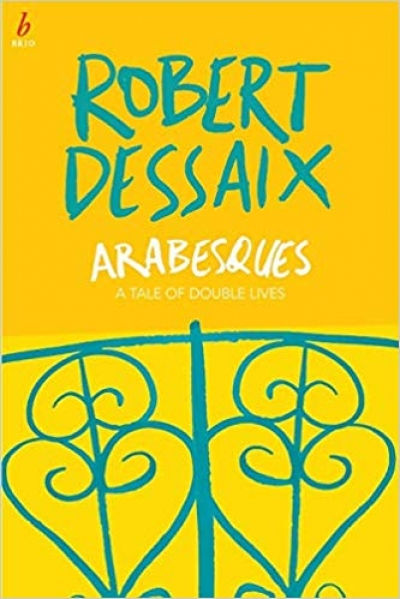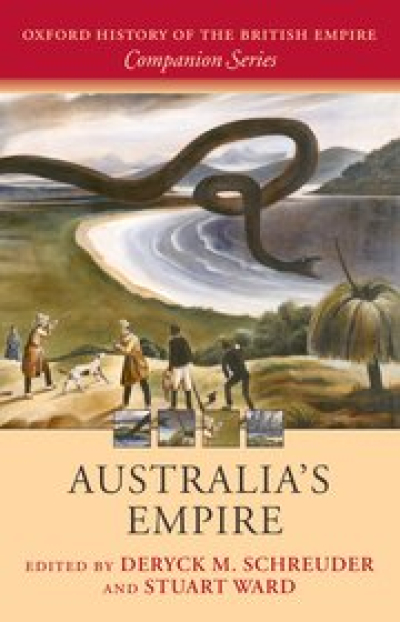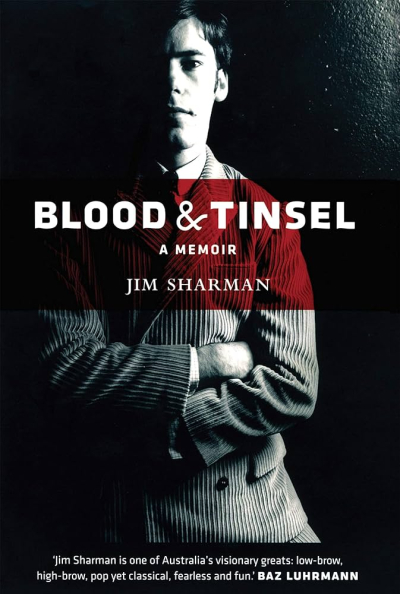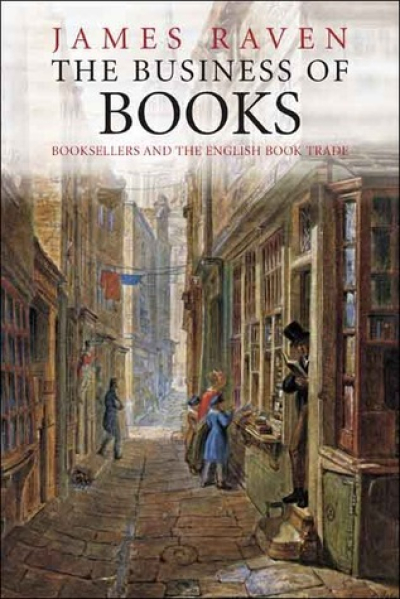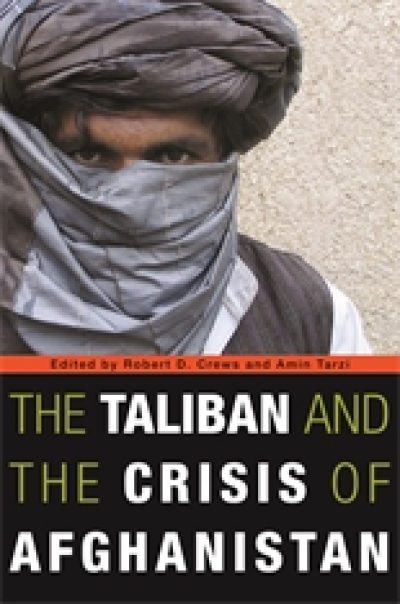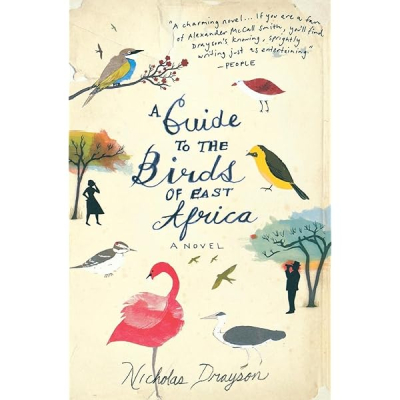Archive
Do we need them?
Dear Editor,
Forgive me for taking advantage of the hospitality of your letters column to reflect on the matter of our national honours. Evidently some professions are better than others at nominating and supporting worthy candidates. If eminent writers and artists tend to go unacknowledged, to some degree we have only ourselves to blame for not taking more active steps to insure that a case is made through the Australian Honours Secretariat in Yarralumla. The procedure is relatively time-consuming, but all relevant particulars may be found at www.itsanhonour.gov.au. (I do not find the name of this website particularly reassuring.)
... (read more)Arabesques: A tale of double lives by Robert Dessaix
About ten years ago I was interviewed on Irish radio on a matter entirely unconnected with writing. The first question the interviewer asked me was, ‘Is that yourself, Elisabeth?’ This ungrammatical question struck me as both hilarious and pertinent. I don’t remember much about the interview except that leading question.
‘Is that yourself?’ In 1959 ...
Australia’s Empire edited by Deryck M. Schreuder and Stuart Ward
There’s a sleechy smell here, grey frogs on the bank
like slurried earth, rotund toads hopping across lily pads,
grunting like sultans trying out cushions. Fish mouth
the surface with so many unsinkable O’s, and the larval
She trawls through reams of paper pinned in files,
stacked on shelves, heaved into the corners
of this study and other, larger rooms;
wades through spilling, perforated sheets
of printed data she cannot decipher
that concertina on the wooden floor,
stained with jam, sprinkled with old crumbs
and marked with tags that indicate some pattern
to his vanished thought – pained, slow research
that saw two hundred articles appear,
three or four a year, in august journals.
She knows the faintly sour smell of absence
that rooms so often hold after a death –
even a lonely life sweetens the air –
how furniture seems fixed when someone dies

